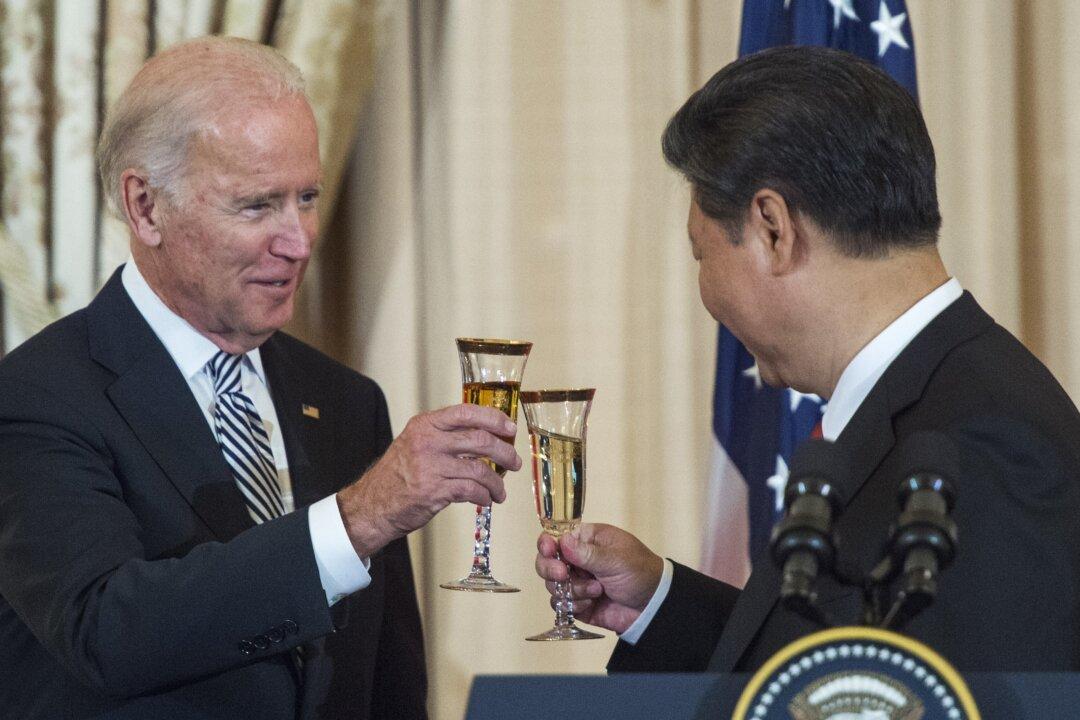President Joe Biden on Thursday held his second phone call with Chinese leader Xi Jinping since becoming U.S. president—the first call between the two leaders in seven months.
The White House in a short statement said the two leaders in their approximately 90-minute phone conversation had “a broad, strategic discussion,” including “areas where our interests converge, and areas where our interests, values, and perspectives diverge.”





